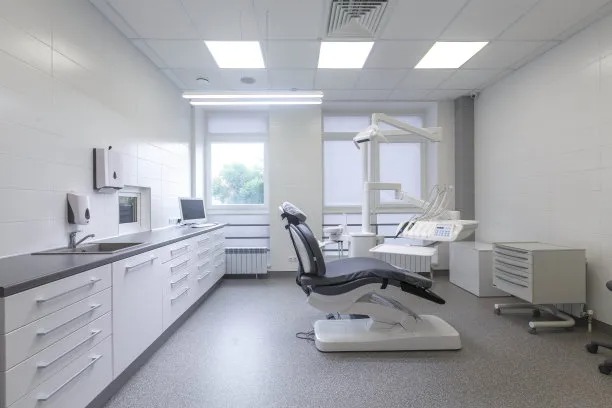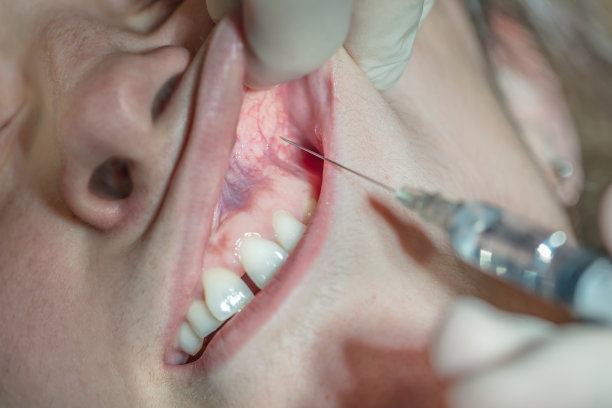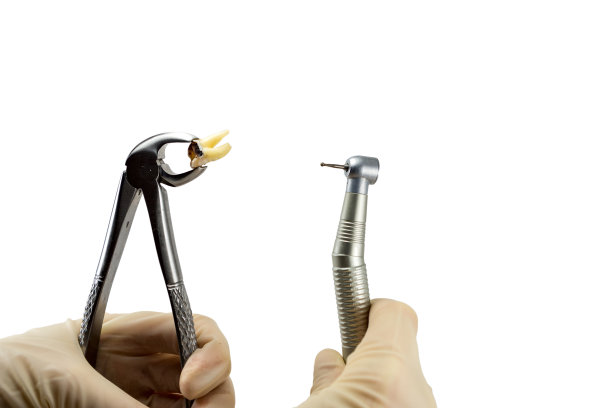Summary: Understanding the process of tooth extraction is pivotal for maintaining oral health, particularly among adult patients. This article delves into the various facets of tooth extraction—the reasons for the procedure, the methods used during extraction, the care required post-extraction, and the long-term importance of maintaining oral health. By highlighting each aspect, we clarify the significance of this dental procedure and reinforce why it is crucial for adulthood dental care. Ultimately, acknowledging the role of tooth extraction in overall health will encourage patients to approach this procedure with informed confidence.
1. Reasons for Tooth Extraction in Adults

Various factors necessitate tooth extraction, particularly among adults. One common reason is dental decay, which can lead to severe infections if untreated. When a tooth is too damaged or decayed to be saved through a filling or root canal, extraction becomes the most viable option to prevent further complications.
Another compelling reason for extraction is periodontal disease, which is an infection of the gums that can lead to tooth loss. As the disease progresses, the supporting structures of the teeth weaken, compelling dentists to recommend extraction to maintain overall oral health.
Lastly, overcrowding can also prompt extraction. In certain cases, orthodontic treatment requires the removal of teeth to create sufficient space for proper alignment. This proactive approach is particularly beneficial in preventing future dental complications.
2. Tooth Extraction Methods and Techniques
Tooth extraction typically falls into two categories: simple and surgical extractions. Simple extractions entail the removal of teeth visible above the gum line and are usually performed under local anesthesia. This approach is carried out with minimal discomfort and is often completed within a short period.
Surgical extractions are more complex and require an incision in the gum tissue to remove teeth that have not fully erupted or are broken beneath the gum line. This type of extraction is performed under either local anesthesia or general anesthesia, depending on the complexity of the case.
The choice between these methods depends on various factors, including the tooths condition and the patients overall health. Dentists utilize advanced techniques and technologies, ensuring a safer and more efficient extraction process.
3. Post-Extraction Care and Recovery
Post-extraction care is crucial for ensuring a smooth recovery. Patients are advised to follow specific guidelines, such as applying ice packs to reduce swelling and taking prescribed medications to manage pain. Staying hydrated and consuming soft foods can further ease the recovery process.
Its essential to avoid certain activities after extraction, such as smoking or using straws, as these can dislodge the blood clot and delay healing. Practicing good oral hygiene is also vital; however, gentle brushing around the extraction site is recommended to avoid irritation.
Follow-up appointments should be scheduled to monitor the healing process. Early detection of any complications can enhance overall recovery outcomes and prevent severe infections.
4. Long-Term Importance of Tooth Extraction for Oral Health
The long-term impact of understanding tooth extraction cannot be overstated. Successfully removing problematic teeth can prevent the spread of infections and contribute to overall health. This proactive approach mitigates the risk of systemic diseases that can arise from untreated oral issues.
Moreover, tooth extraction can pave the way for better oral hygiene practices. Following the removal of a problematic tooth, patients often find it easier to clean their remaining teeth, leading to improved oral health outcomes.
Ultimately, understanding the significance of tooth extraction emphasizes the importance of regular dental checkups. By prioritizing oral health and addressing issues promptly, patients can enhance their quality of life and maintain better overall health.
Summary: In summary, understanding the contents of tooth extraction—its reasons, methods, post-care, and importance—enriches adult patients knowledge and encourages proactive oral health management. Familiarity with the process diminishes anxiety and empowers patients to make informed decisions regarding their dental care.
By fostering awareness around tooth extractions, we promote healthier habits that resonate well beyond the dental chair.
This article is compiled by Vickong Dental and the content is for reference only.
Vickong Dental
Vickong Dental is a large medical group established in Hong Kong in 2008 by professors from well-known medical universities in Guangdong and Hong Kong, as well as medical doctors from key national '985' universities (including Master's supervisors and senior professors). The chain of branches brings together expert dentists with PhDs and Master's degrees from Hong Kong and Mainland China, committed to providing high-quality dental treatment.
"Vickong Dental Practices the University Motto of 'Healing and Serving Society,' with a Stable Operation for Sixteen Years. It Has Been honored with Hong Kong Enterprise Leaders's Choice,' and is a Global Trusted Implant Center for the Nobel Implant System. Recommended by Hong Kong Metro Broadcast and Guangdong Television, it Serves Customers from Over Thirty Countries and Regions, Gaining the Trust and Favor of Citizens from the Guangdong-Hong Kong-Macau Greater Bay Area and Surrounding Cities.

Thousands of customers' unanimous praise
The most recognized and highly recommended dental service by customers in the Guangdong-Hong Kong-Macau Greater Bay Area
We Ensure You Receive Detailed Care and Attention Here
Hong Kong standards, Shenzhen prices, Your Trusted English-speaking dentists

Vickong Dental Medical-Grade Instrument Disinfection Process
Vickong Dental Medical-Grade Instrument Disinfection Process

Vickong Dental Chain: A Warm and Comfortable Environment for Treatment






Appointment Hours

Q&A
Why choose Vickong Dental?
Vickong Dental practices the university motto 「Medicine to Benefit Society」, with each branch bringing together highly qualified dentists with doctoral and master’s degrees from Hong Kong and the Mainland, and has maintained seventeen years of steady operation。Recipient of 「2024 Hong Kong Enterprise Leaders Brand」, 「2025 Hong Kong Enterprise Leaders Brand」, a Nobel Biocare Global Trusted Implant Center, and a brand recommended by Metro Radio Hong Kong and Guangdong TV。
To date, we have served customers from more than thirty countries and regions,earning exceptionally high word-of-mouth recognition and trusted recommendations from residents across the Guangdong-Hong Kong-Macao Greater Bay Area and surrounding cities
We have eight major branches in Zhuhai、Shenzhen,and a consultation and service assurance center in Hong Kong,so you can book a free consultation at any time for any questions,which is very reassuring.
If I do not accept the quotation after the CT scan, will I be charged??
No! As long as the actual treatment has not started, you will not be charged any fees.
Will there be any additional charges during the treatment process?
No, there won’t be any additional charges. Before treatment begins, we will clearly explain the treatment plan and its corresponding fees. Only after the patient agrees and signs the consent form will we proceed with the dental service.
Can I pay in Hong Kong dollars?
Yes. Vickong Dental accepts payment in Hong Kong dollars. The amount will be converted based on the exchange rate of the day, and the applicable rate will be clearly communicated to you in advance.
Can I reschedule my appointment at any time?
Yes. Please contact us via **WeChat** or **WhatsApp** as early as possible, providing your original appointment time and details, along with your preferred new date and time slot for rescheduling.













